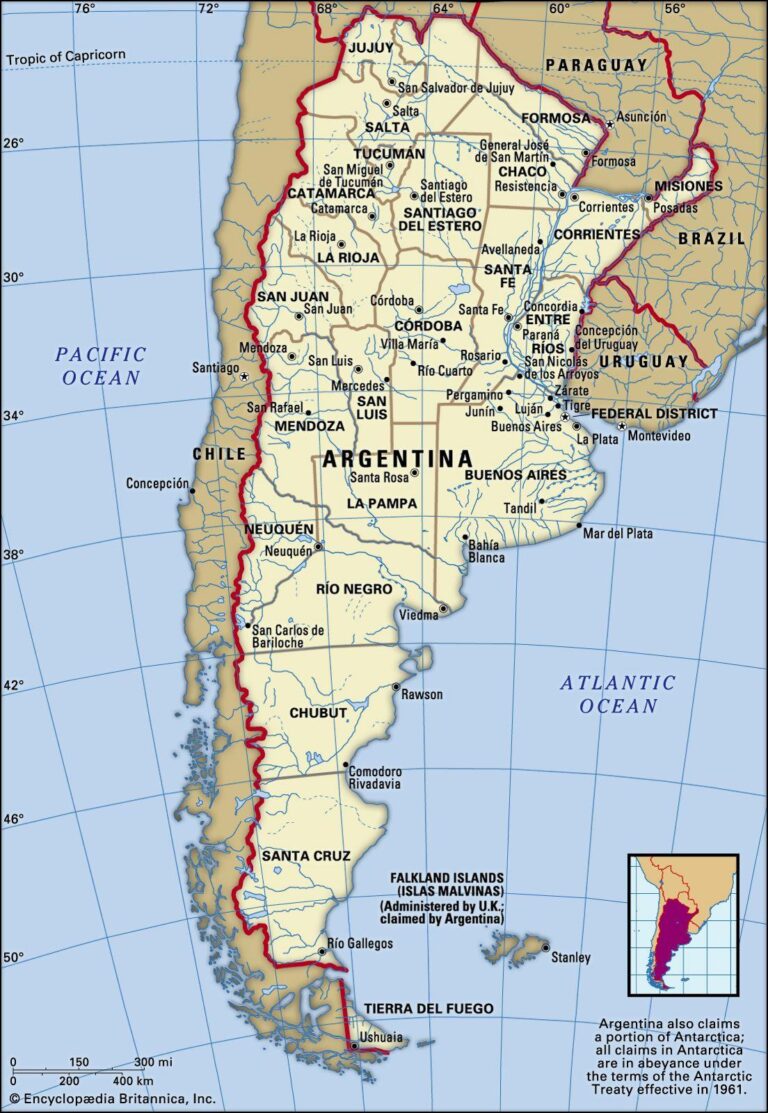The Recent Poverty Spike in Argentina
Argentina is facing a severe economic crisis that has resulted in a dramatic spike in poverty levels. This crisis has led to over 40% of the population living beneath the poverty line. The ongoing issues, including hyperinflation and unemployment, have significantly impacted the lives of many Argentineans.
Economic Factors Contributing to Poverty
The key drivers behind this crisis include rampant inflation and currency devaluation. In recent months, inflation rates have soared, making basic necessities increasingly unaffordable for the average citizen. As prices climb, citizens have less disposable income to spend, further entrenching them in poverty.
Social Implications of Rising Poverty
The rising poverty levels have profound social implications, affecting health, education, and overall quality of life. Children are particularly vulnerable, with many lacking access to food and proper healthcare. The long-term consequences of this can have lasting effects on the nation’s future workforce and overall development.
Government Response and International Assistance
The Argentine government has initiated several programs aimed at alleviating poverty, yet challenges remain. International organizations are increasingly stepping in to provide support, recognizing the urgent need for assistance. Collaborative efforts are essential to stabilize the economy and improve living conditions.
Looking Ahead: Solutions and Approaches
Addressing the poverty spike requires both short-term relief and long-term strategies. Investment in education and job creation will be vital to transforming the economic landscape. Additionally, targeted aid programs need to be implemented to support the most affected populations.
To learn more about the poverty spike in Argentina and its implications, visit Borgen Project.

